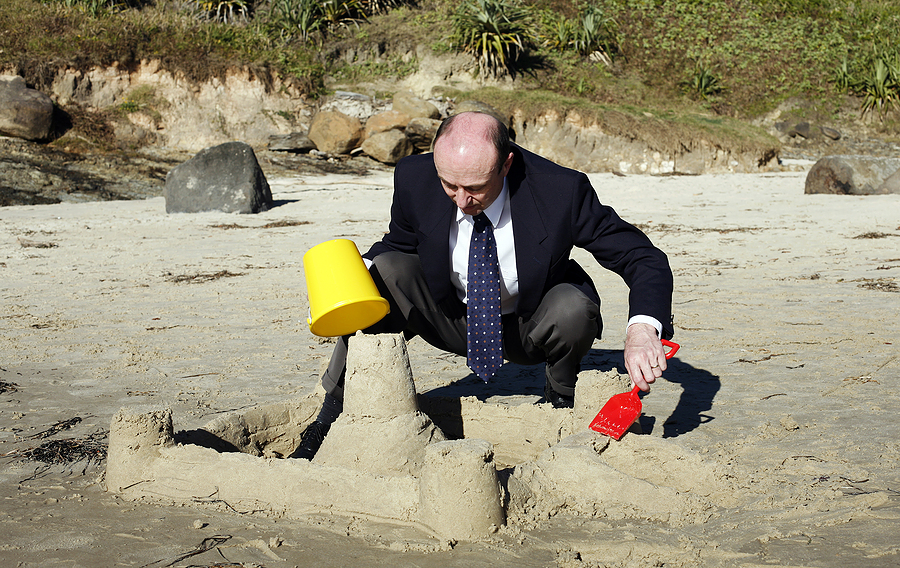Is your perfectionism helping you or hindering you?

Jeff Szymanski helps you find out:
Characteristics of healthy perfectionism:
- Striving for high but achievable standards that result in feelings of satisfaction and increased self-esteem
- Matching your time and energy to tasks that match your strengths and interests
- Having a sense of what you value and what your priorities are and devoting the lion’s share of your time and attention to these areas
- Reaping payoffs from your efforts that are greater than your costs
Characteristics of unhealthy perfectionism:
- Repeatedly setting goals for yourself but never achieving them
- Constantly competing to be the best at everything in order to avoid feeling like a failure
- Giving in to the feeling that all mistakes are catastrophic
- Getting stuck in believing that one particular strategy must pay off, instead of trying others
Agree/disagree?